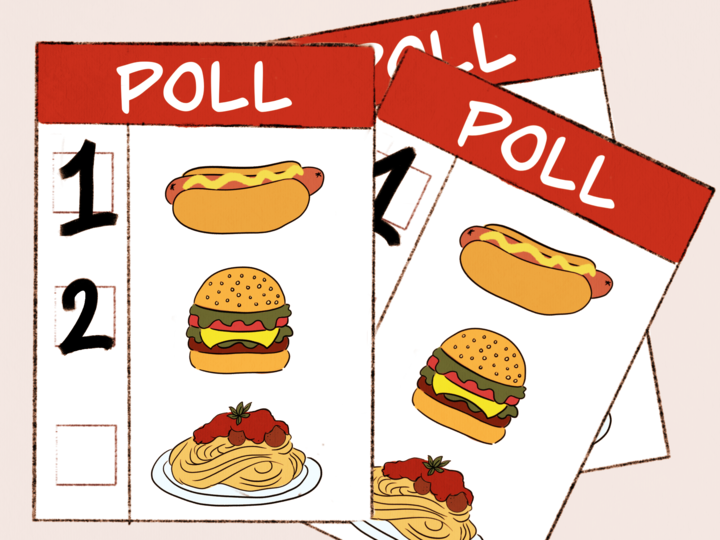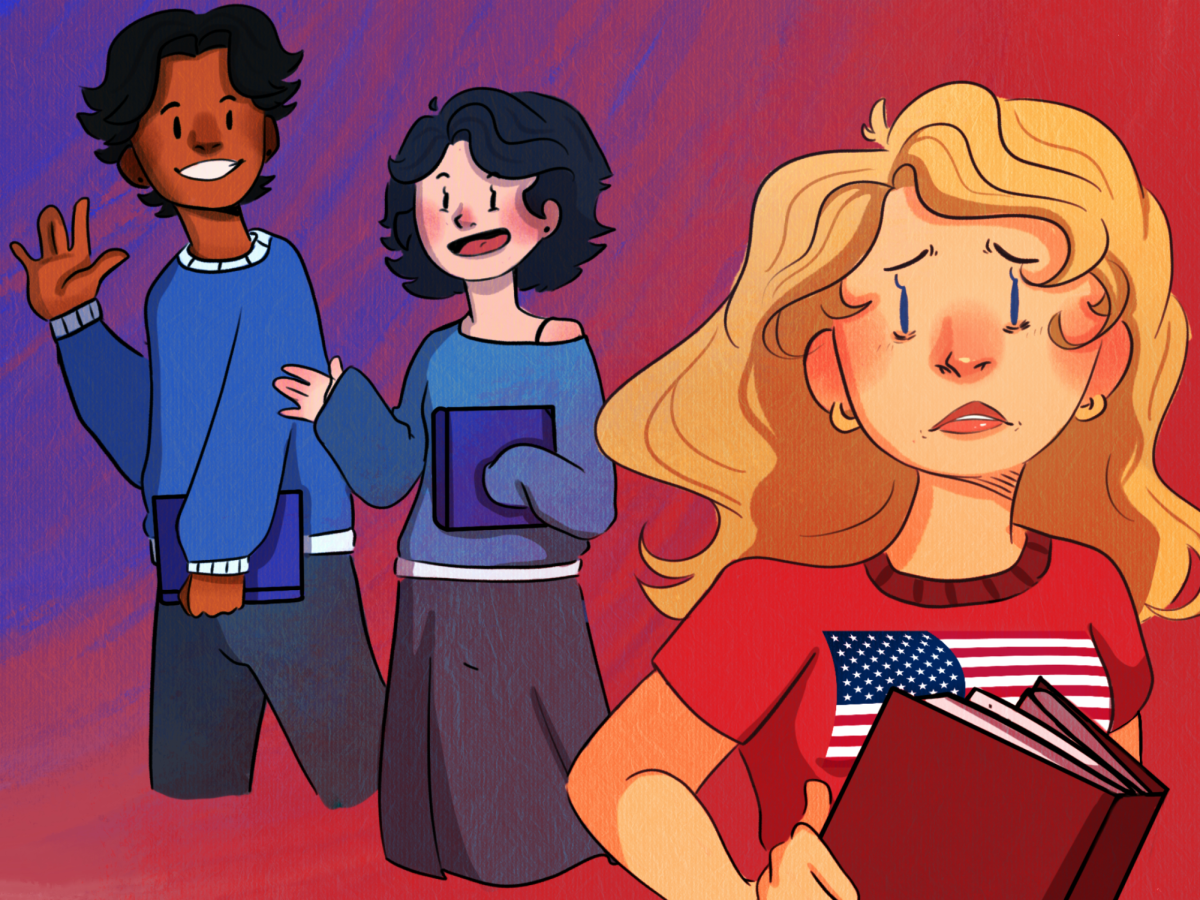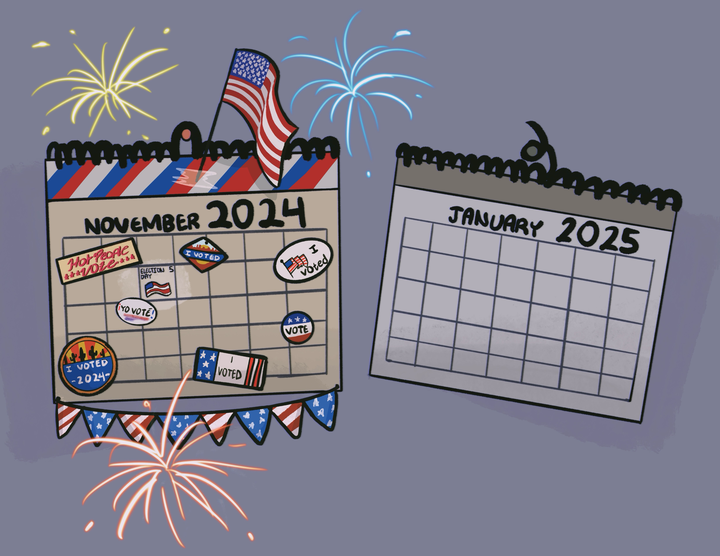In the wake of the devastating terrorist attacks in France, conversations are taking place all over the U.S. about who exactly we should be allowing into our country. There is one group in particular that so far has been ignored — in fact, they’ve been ignored for years.
When the U.S. and its European allies invaded the Middle East, it relied heavily on local translators. The Iraqi Refugee Assistance project estimates that around 50,000 Iraqi and Afghan nationals have served as translators over the past decade.
In exchange, the U.S. established the Special Immigrant Visa (SIV) program designed to expedite the visa process for those translators who risked their lives to help our troops. This program was set to expire in 2014, but was granted a two-year extension by Congress, in part because so many translators have yet to receive visas.
Therein lies the largest problem: this program isn’t working. While approximately 14,000 visas have been provided to Afghani and Iraqi workers since 2007, there are more than 13,000 in line, with no end in sight.
The process to obtaining one of these visas is long and arduous. It requires submitting extensive supporting documentation to the Department of Homeland Security before the visa application can even begin. Following that, the candidate must interview with the U.S. Embassy and receive a health evaluation. The process is even more extensive if a translator wishes to bring his or her family with them.
In 2011, only three visas were issued to Afghani translators. That number has since increased following a review of the process by John Kerry, yet thousands are still trapped in their home country. One translator who spoke with NPR has been waiting more than four years for his visa, despite a “glowing” letter of recommendation from the Commander of all U.S. Special Operations in Afghanistan.
For these ex-translators to remain in their home countries awaiting visas is more than a matter of inconvenience — It’s a matter of life and death. Many of them have already been killed or forced to flee from the Taliban and other extremist groups, who are swearing revenge.
Sadly, it seems that part of the reluctance to grant visas to these translators stems from a mentality that they could somehow present a security threat. However, these translators have already expressed a willingness to literally risk their lives for other Americans.
In fact, some of the biggest proponents of a more expedited visa process are soldiers who have served abroad and seen firsthand exactly how much of a “security risk” — or lack thereof — that these translators really pose.
Veterans Day was nearly a month ago. Thousands of Americans rushed to join the social media bandwagon and declare their adamant support of our troops. What they didn’t seem to realize is that some of our troops’ most key supporters are literally fleeing for their lives.
The terrorist attacks in France were horrifying, but we shouldn’t allow them to dictate how we react to innocents citizens who clearly do not pose any threat. We need to expedite the visa process before more lives are lost.
Follow Maddie Pickens on Twitter.








